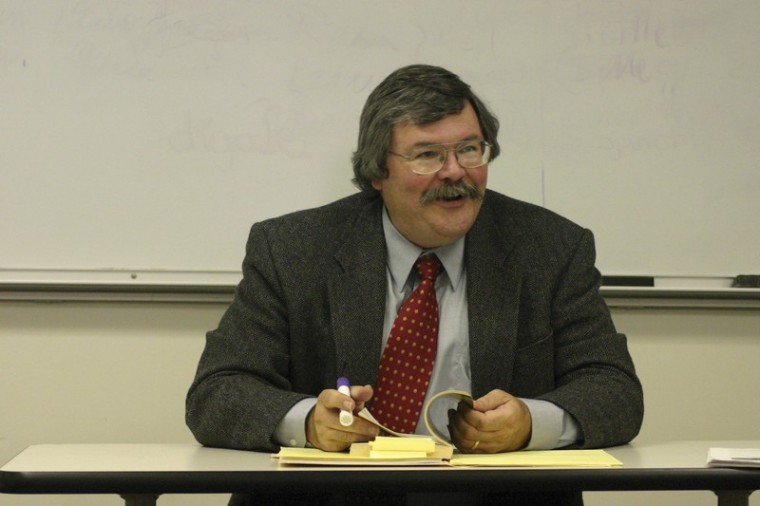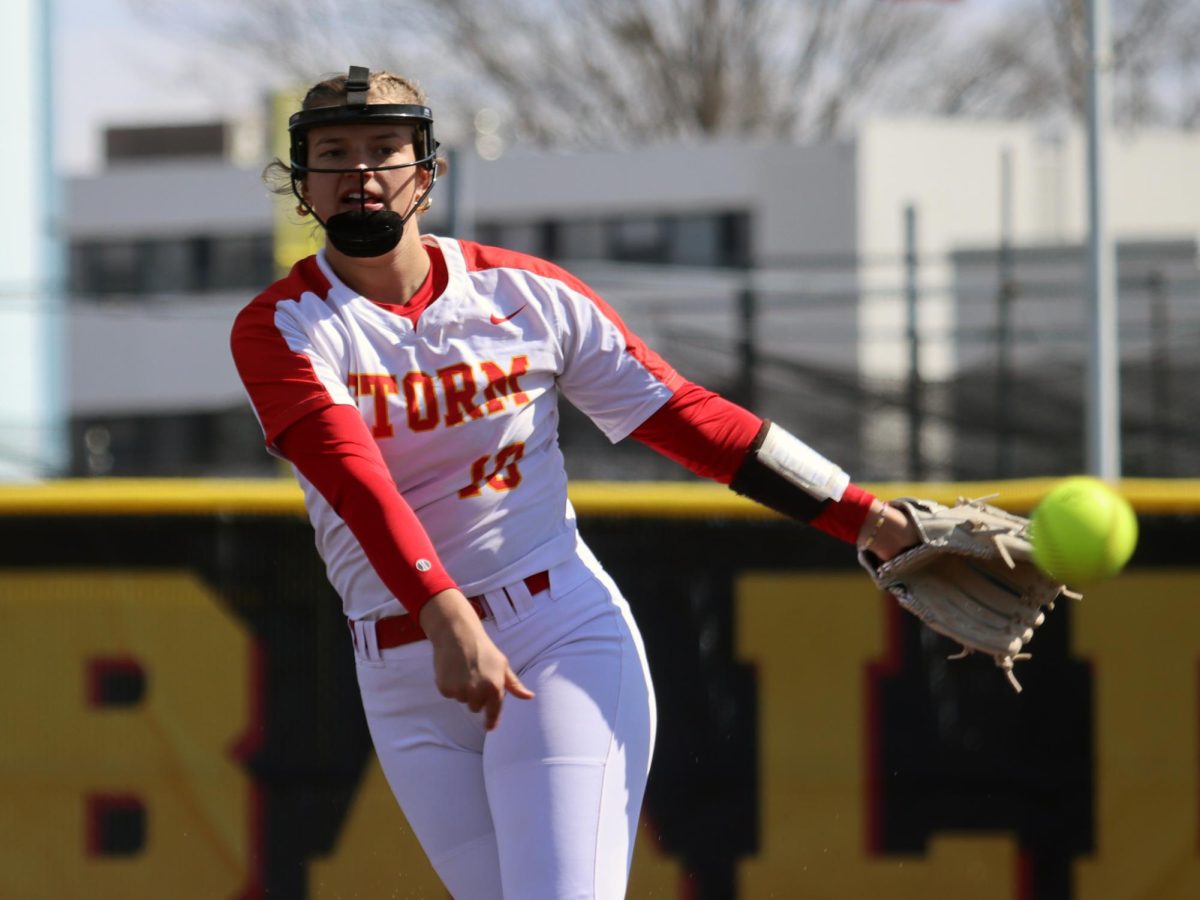Epperson reported to Students for Academic Freedom
November 3, 2005
Whether or not politics have a place in the classroom has always been a controversial issue, but the votes are in. While politics may pop up during a class from time to time, at least two professors and a student agree political opinions have no real place in a classroom.
Both John Epperson, professor of political science, and Ruth Weatherly, professor of management, were reported to Students for Academic Freedom, a group founded by David Horowitz in 2003 to “promoted intellectual diversity on campus,” according to its Web site.
Though the group calls itself a “national coalition of independent campus groups,” it is widely accepted as a right-wing organization for college students. It’s unknown who reported Epperson to SAF.
Epperson was reported for an incident regarding Senator Tom Harkin’s Steak Fry last year and Weatherly for a letter to the editor written to The Simpsonian last year. Neither knows much about the SAF, but Weatherly said she heard about some “flap,” on a Web site about her letter.
There were no explicit consequences from the report for either professor.
Both of these events occurred outside the classroom.
“Outside of a classroom setting, the rules change,” freshman Beth Ingersoll said. “We expect our political views to be respected outside of a classroom, why shouldn’t theirs be respected too? They have the same right as we do to express ourselves.”
Epperson and Weatherly agree that political views should be left out of the classroom. However, there are some incidents where politics are a crucial part of the curriculum.
“It depends on the class,” Epperson said. “For example, a political science class has to talk about it. However, forcing beliefs is inappropriate and I don’t do it.”
Ingersoll agreed.
“There are just some classes where you have to talk about it,” Ingersoll said. “Politics is a very important part of some specific classes. Students and professors should just remember there is a difference between discussing politics and trying to force someone to believe your views.”
There are incidents where politics somehow wind up being a topic of discussion in a class and both professors agree it’s these situations that raise the question: of when politics should be allowed in the classroom.
“I am here to teach subject matter content,” Weatherly said. “There are times when political issues affect the subject matter content therefore political issues may come into the classroom incidentally, but exposing students to my political views is not the purpose of my presence in the classroom.”












